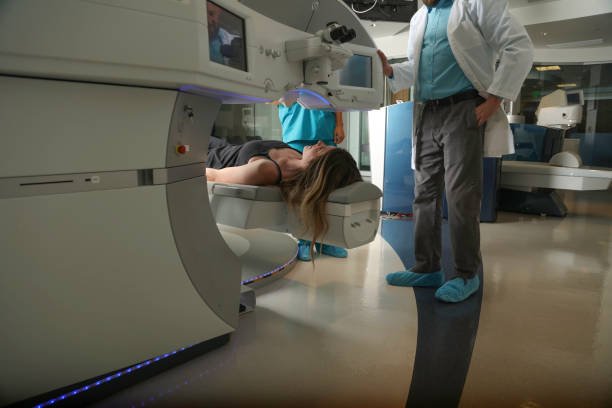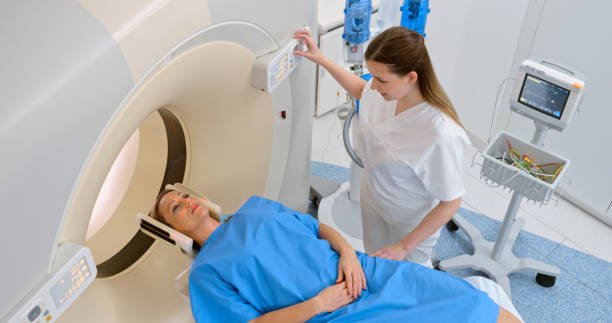
Department of Pediatric Cardiology
Pediatric Cardiology
About
JIET Hospital's Pediatric Cardiology in India has witnessed remarkable advancements over the past years, providing exceptional care for babies, children, and teenagers with congenital heart disease. Countless young lives have been transformed thanks to the expertise of their experienced pediatric cardiologists. From supraventricular tachycardia to inherited long QT syndrome and congenital heart defects, JIET Hospital's specialists are well-versed in managing diverse heart conditions.
Collaboration is at the heart of their approach, as pediatric cardiologists work closely with an array of experts, including heart surgeons, electrophysiologists, anesthesiologists, nurses, therapists, and other medical professionals, to devise tailored treatment plans for each child. The focus lies on achieving precise diagnoses from the outset, ensuring comprehensive care is provided immediately.
JIET Hospital's commitment to cutting-edge technology enables accurate diagnoses and offers state-of-the-art devices to aid proper heart function. For parents seeking the best for their children, JIET Hospital Pediatric Cardiology stands out as a beacon of hope, compassion, and excellence, empowering young patients to lead healthy and fulfilling lives.Pediatric Cardiology doctors in Jodhpur
| Doctor's Name | Qualification | Designation |
|---|---|---|
| Dr. Shyamveer | Consultant |
Key procedures (IPD)
Pediatric cardiac procedures: Non-surgical options for childrenDevice closures & PDA stenting treat heart issuesBalloon valvoplasty improves valve functionCardiac catheterization & cath study assess heart conditions.
Key procedures (OPD)
ECG: Electrocardiogram for heart's electrical activity.Echo: Echocardiogram for heart structure and function assessment.DSE: Dobutamine Stress Echocardiogram evaluates the heart under stress.Tee: Transesophageal Echocardiogram for detailed heart imaging via the esophagus.24 Hr Holter Monitoring: Continuous ECG monitoring to assess heart rhythms over 24 hours.Neonatal and Pediatric Echocardiography: Specialized heart imaging for infants and children.
Key Services
Pediatric and adult cardiac surgery: specialized care for all ages.
Key Equipment & Infrastructure
Echocardiogram variations: 2D, stress (DSE), transesophageal (TEE), emphasizing cardiac health and diagnostics.Comprehensive cardiac monitoring: 24 Hr Holter and advanced CATH Lab procedures for accurate assessments.Cutting-edge Pediatric Cardiac Cath Lab, delivering state-of-the-art procedures and care for young patients.
In-House Investigations
ECG: Electrocardiogram records the heart's electrical activity.2D ECHO: Uses ultrasound to visualize heart structure and function.DSE: Stress echocardiogram evaluates the heart's response to exercise.TEE: Transesophageal echocardiogram provides detailed heart images.24 Hr Holter Monitoring: Continuous ECG monitoring over 24 hours.CAG: Coronary angiography visualizes the heart's blood vessels.CT – CAG: CT angiography to assess coronary artery health.Cardiac MRI: Uses MRI for detailed heart imaging.Neonatal and Pediatric Echocardiography: Specialized heart imaging for children.Pathology & Radiology: Offers a wide range of diagnostic services.
FAQs
-
Pediatric cardiology deals with the irregularities and ailments of the heart in kids below 18 years of age. Different types of heart diseases or conditions can affect children in their early childhood or they may suffer from congenital defects. Pediatric cardiologists specialize in diagnosing and treating children suffering from heart problems.
-
A pediatric cardiothoracic surgeon is a doctor who specializes in surgical interventions for treating diseases and ailments that affect the heart of a kid below 18 years of age. Children may face minor or major defects either inside the heart or in the large blood vessels outside the heart. Some heart problems may need surgeries that are performed by pediatric cardiothoracic surgeons.
-
The heart begins to take shape and starts beating in the first six weeks of pregnancy. Any issues during this time can cause structural problems in the heart. The minor defects do not need treatment but the others demand surgeries. To avoid such problems the mother could avoid certain risk factors like,
Control Diabetes: The mother can decrease the danger of congenital heart defects by keeping her diabetes in control.
Avoid Alcohol and Smoking: Alcohol and smoking increases the risk of congenital heart defects
Heredity: Genetic testing at the beginning of the pregnancy can detect such disorders
-
Sometimes, doctors find it difficult to estimate the specific reason for a congenital heart defect in a baby. But the most common reasons are:
Genetic problems in the child
Consumption of alcohol or certain medications during pregnancy
A viral infection in the mother in the first trimester of pregnancy





























